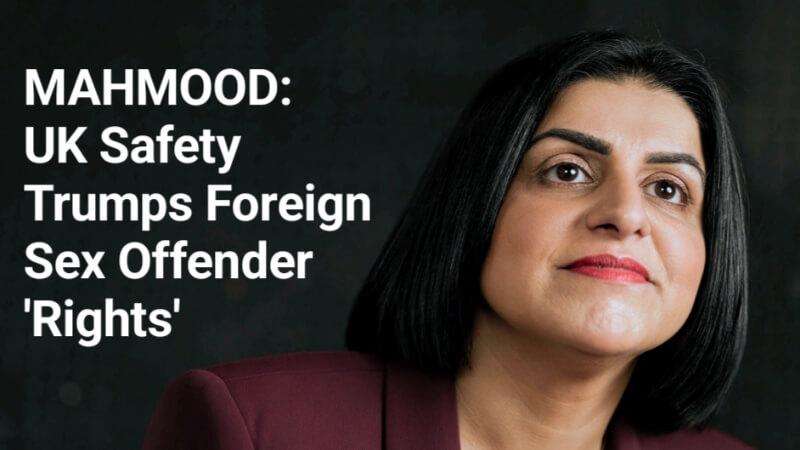Members of WhatsApp groups chats are being alerted by experts to an audio call fraud that might damage friends and family their funds.
The national reporting hub for fraud and cybercrime in the UK, Action Fraud, reports that it has received hundreds of complaints from victims.
The con artist calls and poses as a participant in a group chat, frequently using a fictitious display name and profile image to win the victim's trust.
The fraudster will ask the victim to provide the one-time passcode (OTP) with them in order to be "registered" for the call during the conversation, telling them it is a one-time password (OTP) to join the forthcoming call for group members.
However, in reality, this is an access code that will allow the scammer to register the victim’s WhatsApp to a new device so they can take over their account.
Then the scammer will enable two-step verification, making it impossible for the victim to get back into their account.
This then allows the scammer to message other people in the victim’s contacts, often asking for money as if they are in desperate need of help.
Detective Superintendent Gary Miles, head of the National Fraud Intelligence Bureau at the City of London Police, said: ‘WhatsApp remains an integral mode of communication for many people across the UK, however, fraudsters still find ways to infiltrate these platforms. Sadly, anyone can become a target for fraud.
‘With more than 630 reports already this year, we are urging users, and in particular, those in big group chats on WhatsApp, to be on their guard and monitor who joins the chats.’
Detective Superintendent Miles said that to keep safe from fraud, keep any account details or passcode and verification codes private, and report any suspicious messages within WhatsApp.
The police also advise setting up two-step verification to provide an extra layer of protection.
A WhatsApp spokesperson said all personal messages sent on WhatsApp are protected by end-to-end encryption.
‘We recommend that all users set up two-step verification for added security and advise people never to share their six-digit PIN code with others, not even with friends or family,’ the Meta-owned company said.
‘If you receive a suspicious message – even if you think you know who it’s from – calling or requesting a voice note is the fastest and simplest way to check that someone is who they say they are.’
According to Action Fraud data, reports suggest the top three most frequently impacted group chat types are Islamic religious groups, Christian religious groups and work chats.
If you feel like you have been a victim of fraud or cybercrime, report it at actionfraud.police.uk or by calling 0300 123 2040. In Scotland, victims of fraud and cybercrime should report to Police Scotland on 101.








.svg)
